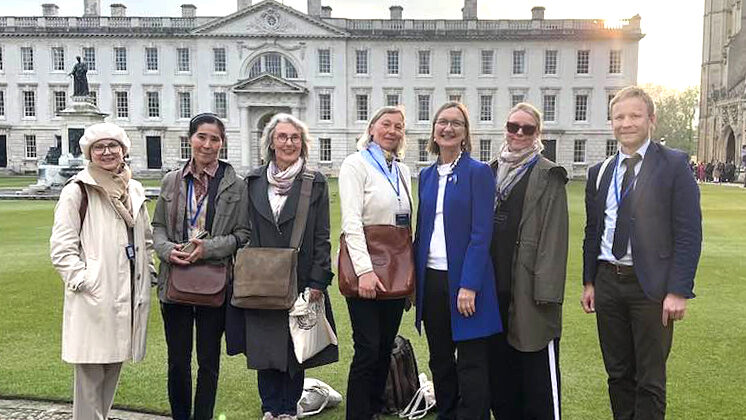The CC is sometimes not aware of the situation into which he has been seduced, often not allowing himself to believe the circumstances in which he was been caught up. And the experienced Russian handler knows the elegance of this achievement.
Developing confidential contacts has not been left to any spontaneity or innate adaptability of Russian intelligence officers. In 1977 the KGB published a limited 220 copies of a training manual devoted to CCs. It detailed the processing, targeting and handling of them, and how they are a separate category of collaborators from regular agents.
They don’t need clandestine safeguards to pass on material to their Russian contacts and the material they supply is usually not rated as classified. In fact they are engaged with their handlers in the open, going about their daily routine. There’s nothing odd about a journalist or politician having lunch with the cultural attaché of the Russian embassy.
Favourite CC targets for Russian intelligence are businessmen, scientists, engineers, IT specialists, politicians, diplomats and of course, journalists. Consider the background of A.N., columnist for a major Canadian newspaper chain and veteran member of the Parliamentary Press Gallery in Ottawa. His stature as a political pundit makes him a favourite conversation partner by both the elected and non-elected cognizanti of Ottawa society.
As a recognized opinion maker he is a regular invitee to the numerous soirées in Ottawa. At these gatherings he has often chatted with a Russian diplomat, ostensibly a cultural attaché, Z.V., but in reality a military intelligence officer of the SVR, the Russian Foreign Intelligence Service.
(Read more: Estonian Life No. 30 2021 paber- and PDF/digi)
Laas Leivat, Toronto




